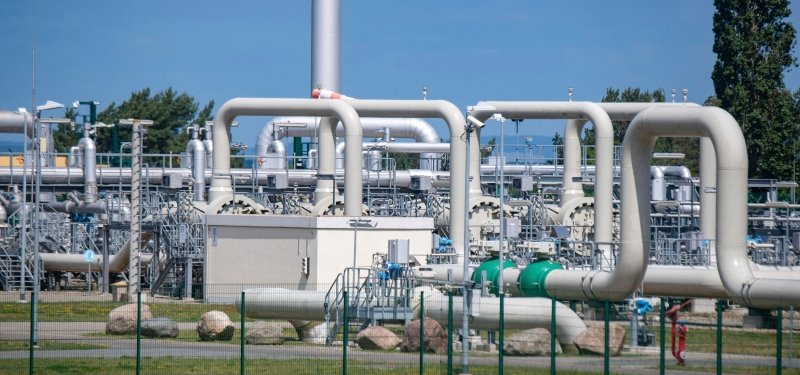
German government issues order for use of coal-fired power plants
- Economy
- DPA
- Published Date: 12:02 | 14 July 2022
- Modified Date: 12:02 | 14 July 2022
The German government approved the use of more coal-fired power plants on Wednesday in light of the drastic reduction of gas imports from Russia, as Kremlin-controlled energy giant Gazprom said it didn't know when a critical pipeline would be turned back on.
A corresponding order was approved by the Cabinet on Wednesday. The Bundestag and Bundesrat houses of parliament had already passed legal amendments to this effect.
The aim is to store more gas by increasing the use of coal-fired power plants to generate electricity.
"We want to save gas in the summer to fill our storage facilities for the winter," Economy Minister Robert Habeck said.
According to the ordinance, operators must ensure that coal plants are technically restored to a condition that allows them to operate permanently on the electricity market. The costs incurred will be reimbursed.
Gas has not been flowing through the Nord Stream 1 Baltic Sea pipeline - the main route for gas from Russia into Germany - since Monday due to annual maintenance.
Top German officials have expressed doubt over whether the gas tap will be turned on again once the maintenance work, which normally lasts 10 to 14 days, is completed.
The Russian energy company Gazprom did little to allay the fear that Nord Stream was being used an energy weapon against the West with its comments on Wednesday.
The company said it could not offer a forecast for when gas would flow again because it didn't know when a repaired Siemens turbine in Canada would become available.
Gazprom tweeted it "does not possess any documents that would enable Siemens to get the gas turbine engine" out of Canada and that it would be unsafe to operate the pipeline without this equipment.
For days Moscow has said the repair work in Canada and the return of the turbine - which Gazprom says is vital to the operations of a compressor station on pipeline - had been delayed by international sanctions on Russia.
The Canadian government said at the weekend it would release the turbine for shipment, despite the sanctions. The equipment had been overhauled at a Siemens plant in Montreal.
For now, Russian gas is still reaching Europe via Ukraine, although the volume has also been greatly reduced.

